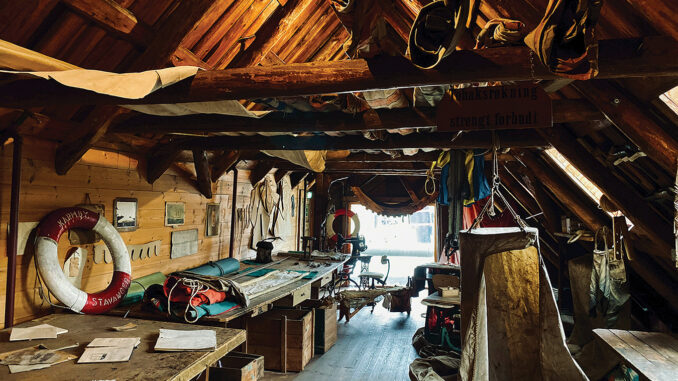
Your offer to purchase a home should include a contingency clause for satisfactory inspections. Buying a home costs money – before you even close the deal. It is tempting to forego spending several hundred dollars on an inspection before you buy a property. But the expression “penny-wise and pound foolish” has been around for a long time for a reason. For the typical buyer, a home is a long-term investment. Not only should you invest in a standard inspection – you should consider add-on inspections.
Home Inspection – The No-Brainer
Unless you are a general contractor, or one heck of a handyman, you should get a home inspection. According to the American Society of Home Inspectors (ASHI), an inspector will review the home’s heating, ventilation, and air conditioning (HVAC) system, as well as the electrical and plumbing systems. They will look at the roof, attic, visible insulation, walls, ceilings, floors, windows, and doors. Finally, they inspect the foundation, basement, and structural components. However, areas that are blocked or unsafe (such as a very steep roof) will not be inspected. These exceptions will be noted on the final inspection report.
Add-On Inspections – It Depends
A standard home inspection is a good overall review of a home’s condition and an add-on inspection is a deep dive into a particular area of the home. It is advisable to consider add-on inspections for older homes. In an area where there has been a flood, earthquake, or other natural disaster, add-on inspections should be completed. Common add-on inspections include:
Plumbing
According to Thumbtack.com (an online service for finding local help), a plumbing inspection includes any place where water runs through the home, such as toilets, tubs, and sinks. Your plumbing inspector will also check the water heater, any outdoor plumbing, and the main sewer line and cleanout.
Wood-Destroying Insects (WDI)
Commonly known as a termite inspection, a WDI inspector will use probing and/or sounding methods to find evidence of active wood-destroying pests. Some states require a WDI inspection.
Radon Gas
Radon gas is a silent killer. You cannot see, smell, or taste it. It is caused by the breakdown of naturally occurring uranium in rock and soil. Gas is then released and can end up in your home. Over years of breathing in radon, you can develop lung cancer.
Foundation
If a floor appears to be sloping or you are noticing many cracks in the walls and ceilings, you should get a foundation inspection. A few thin cracks are usually due to normal settling. Thicker and/or numerous cracks may indicate a serious problem. The foundation inspector will ensure that the walls and footings are the proper size, are made of the appropriate materials, and are thick enough to handle the surrounding soil.
More Than Peace of Mind
Inspections offer peace of mind. Even if problems are identified and the seller won’t budge on the price, you know what you are dealing with. Be sure to get estimates on needed repairs. But inspections do provide leverage in negotiations. Whatever you decide, not getting an inspection is a choice only professional investors should make. And they’re usually savvy enough to get all the inspections they need to make a good decision.
It’s Personal
Buying your home is a critical life decision for most people. I believe in the unique, personal nature of real estate. I will carefully guide you through the process of buying your home – or any other real estate investment. Feel free to contact me anytime, whether it’s to get started on helping you realize your goals and dreams, or just to ask a question. I would welcome the opportunity to make a difference for you. Please email me at pthessen1@gmail.com or call 270-796-7550.
-submitted by Perry Thessen




